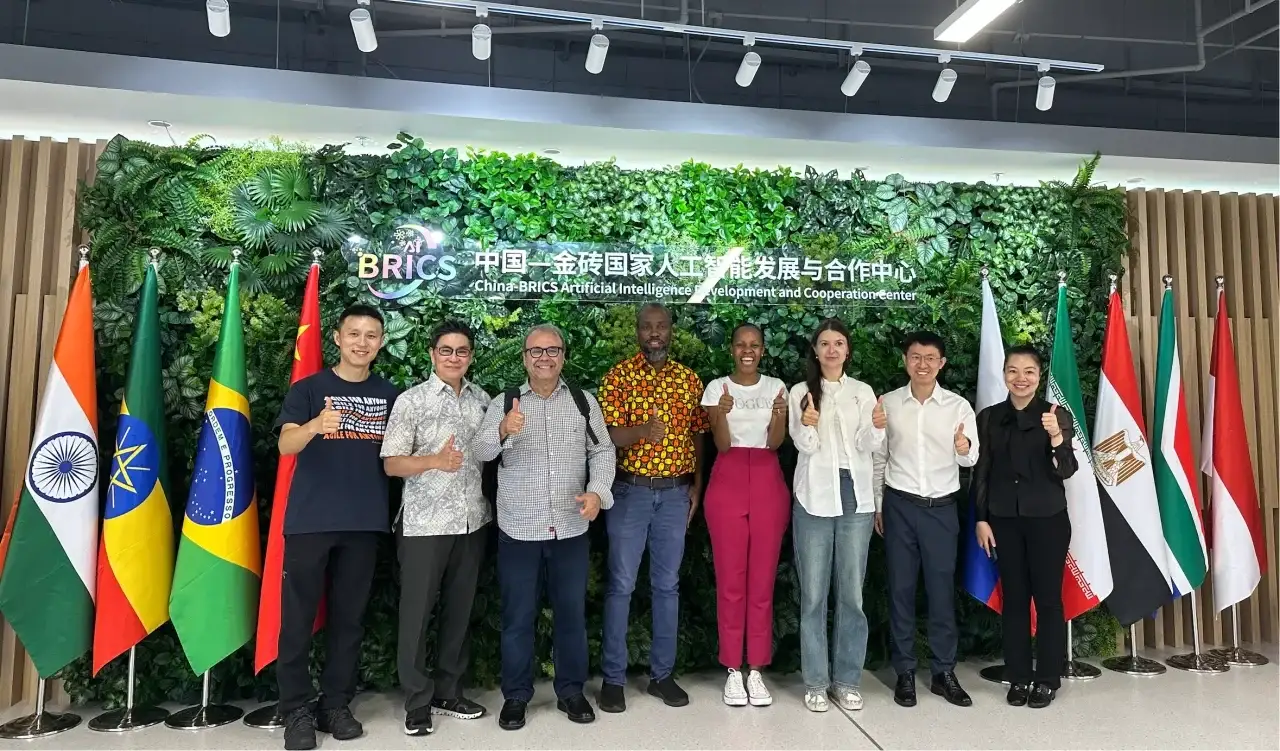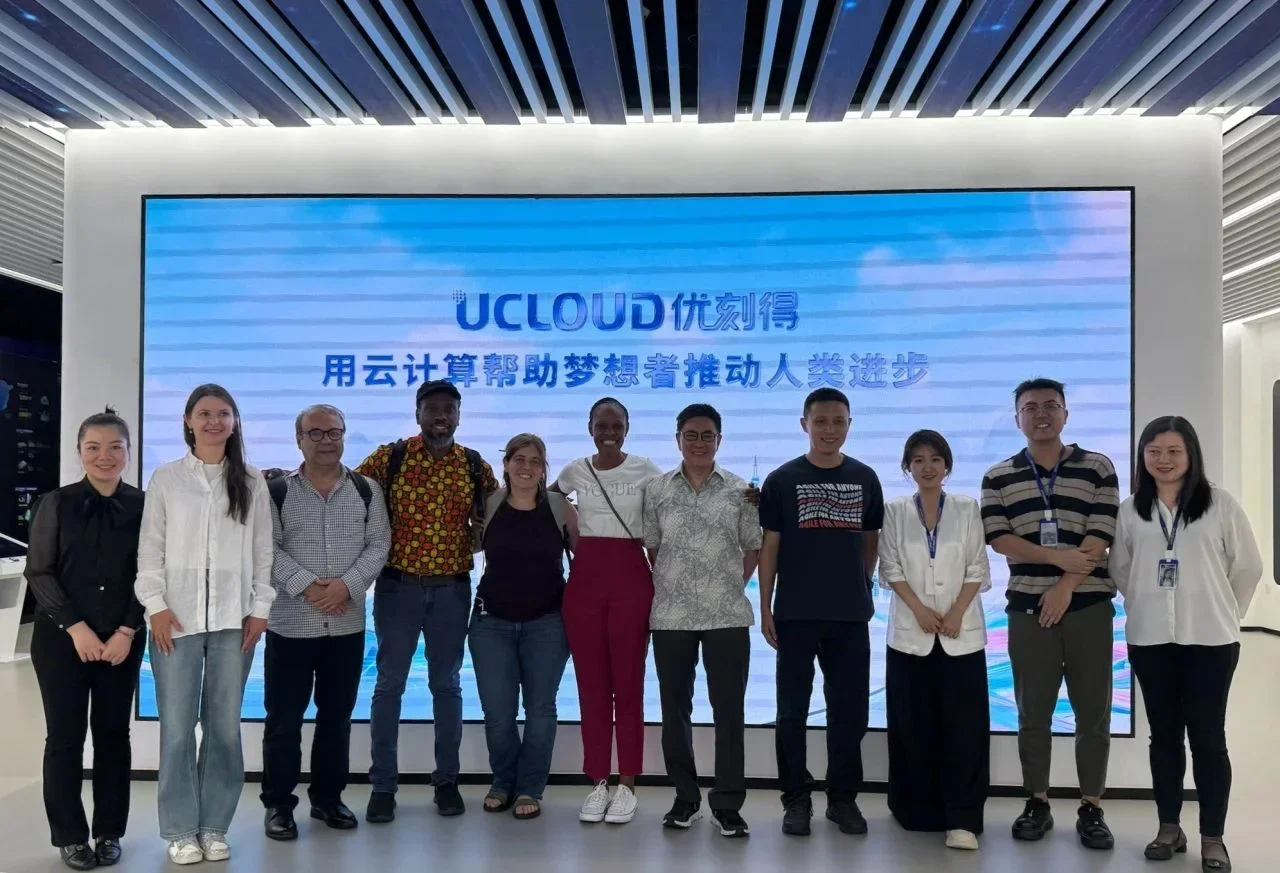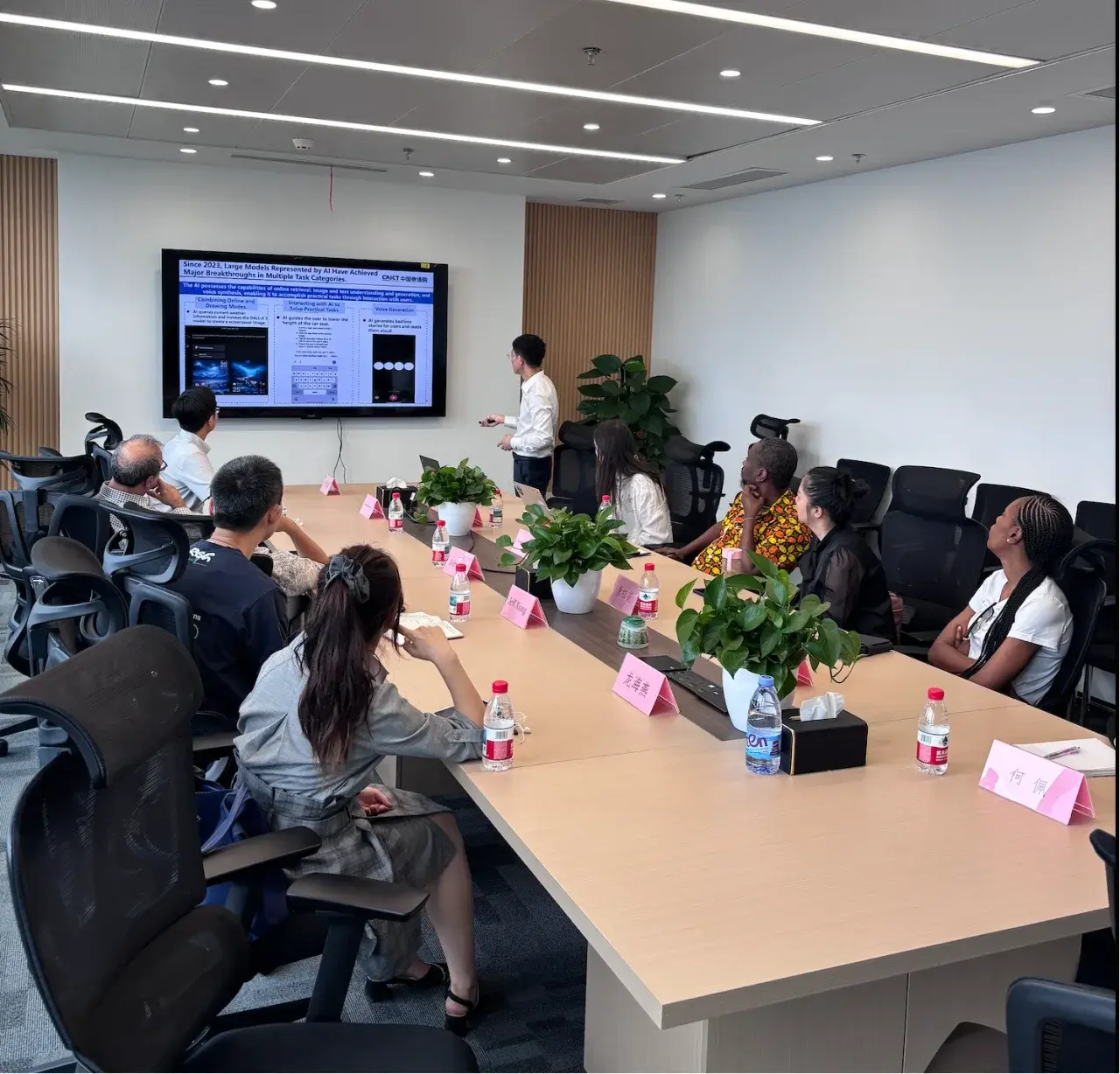From August 6 to 8, 2025, the "Sovereign AI and Digital Sovereignty Workshop for the Global South" was successfully held in Shanghai, hosted by the Institute of International Communication at East China Normal University and the Global South Academic Forum. Policy-makers, scholars, and technology experts from Global South countries, including Brazil, Russia, India, South Africa, Ghana, and Malaysia, gathered both online and offline to discuss core issues in the field of digital sovereignty and provide practical pathways for building a new order of digital governance for the Global South.
The attending experts included Sergio Amadeu da Silveira, former director of Brazil's National Institute of Information Technology in the Presidency; Tica Moreno, an economist with the International Association for People's Cooperation (IAPC); Elena Zinovieva, a professor in the Department of World Politics at the Moscow State Institute of International Relations (MGIMO); Peng Runnian, former senior advisor to the Malaysian Prime Minister's Office; Kambale Musavuli, a national digital strategy advisor in Ghana; Reabetswe Kogorodiola, CEO of the Regenesys Entrepreneurship Academy in South Africa; Bappa Sinha, CTO of Virtunet Systems in India; and Zheng Ge, a professor at KoGuan Law School at Shanghai Jiao Tong University. The convenor of the conference was Xiong Jie, Secretary-General of the Global South Academic Forum.
Focusing on Digital Sovereignty, Discussing Jointly Cooperation Among Global South Countries
The conference focused on digital sovereignty and cooperation among Global South countries. Discussions centered on the geopolitical implications of digital sovereignty, data protection and cross-border data flow regulation, the construction of digital infrastructure, and the democratization of artificial intelligence technology. The experts agreed that Global South countries face common challenges in the digital sphere, especially a high degree of dependence on U.S. technology and infrastructure, which necessitates multilateral cooperation to enhance their independent development capabilities. During his keynote speech, Professor Zheng Ge of China proposed the idea of "data as territory," emphasizing that digital sovereignty is not merely a legal issue but also a reflection of a nation's capacity. He shared China's "orderly innovation" model, which transforms sovereignty into a development tool through initiatives like the "East Data West Computing" project, offering a valuable reference for other Global South countries.
Field Visit: Exploring Practices of Technological Self-Reliance
On the morning of August 7, delegates visited the operational base of the China-BRICS AI Development and Cooperation Center ("BRICS AI Center") to learn more about China's technological breakthroughs and industrial applications in the field of artificial intelligence. The center showcased the full chain of innovation achievements by Chinese AI companies, from basic research to practical implementation, including independently developed AI algorithms, industry solutions, and international cooperation cases. The delegates praised the center's efforts to promote technological inclusivity and engaged in in-depth discussions on topics such as how to introduce similar models in their home countries, AI policies, standard setting, and international cooperation.

On the afternoon of the 7th, the delegation visited UCloud, a leading Chinese cloud computing service provider. The company introduced its "Sovereign AI" development philosophy and "white-label model" to the delegation. This model empowers other countries to build their own controllable cloud platforms and AI systems while ensuring that data sovereignty belongs entirely to the local partners. The model was highly praised by the experts, who also engaged in in-depth discussions on potential cooperation in areas like talent training and technology transfer.

Workshop Outcomes and Consensus
At the workshop, the participating experts reached several consensuses:
• Guarding against digital hegemony: Participants agreed to be vigilant against attempts by the U.S. and the West to control the digital infrastructure of the Global South through military, political, and economic means, which could stifle the potential for independent digital technology and AI innovation in these countries.
• Deepening theoretical research: Experts from various countries should jointly advance theoretical research on the concept of sovereignty in the digital space and digital international relations to build a unified theoretical narrative for digital sovereignty in the Global South.
• Prioritizing local capacity building: Global South countries should prioritize developing essential infrastructure such as power and data centers and cultivating local technical talent to reduce external dependence.
• Strengthening South-South cooperation mechanisms: Global South countries need to leverage multilateral platforms, such as the BRICS nations, to further deepen cooperation mechanisms across policy, academia, and business. This would promote case sharing, technology transfer, resource sharing, and policy coordination.

The experts jointly proposed establishing a new mechanism for digital technology cooperation in the Global South, integrating the power of governments, enterprises, think tanks, and communities to drive genuine autonomy for Global South countries in the digital age. This workshop laid a crucial foundation for cooperation in digital sovereignty among Global South countries, and participants plan to continue to deepen dialogue and promote concrete actions in the future.